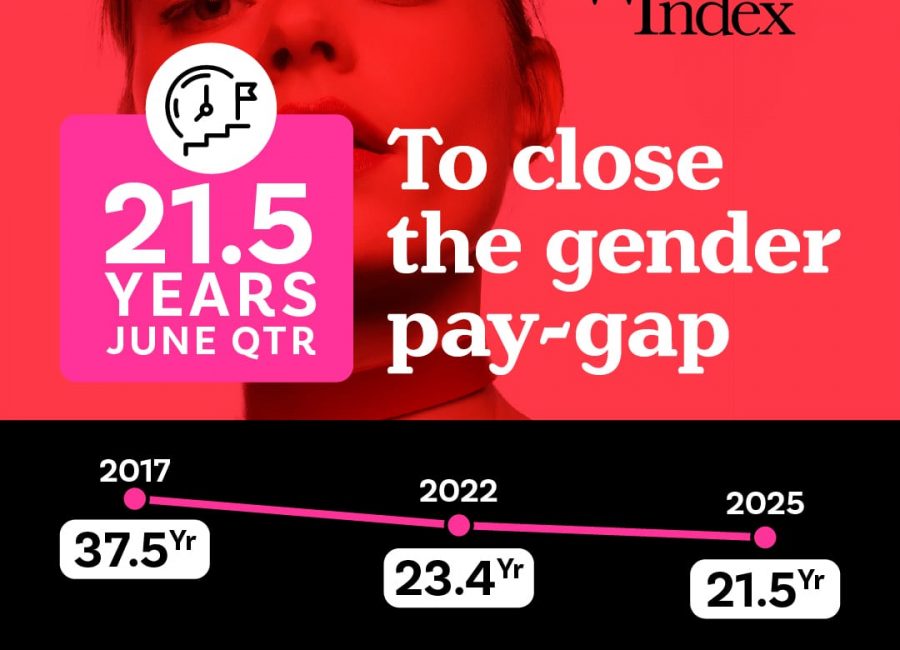First it was Brexit, then the United States with Donald Trump, soon it could be France, and if Australia’s growing wealth gap is anything to go by we could be next in line for a political shock that’s focused on growing financial inequity.
The split between the wealthy and everything less than that is widening in Australia, and what’s worse, the rich and political elite don’t seem to know it.
Fairfax Media says in this article on the latest Household Financial Comfort Report of 1500 Australians, that the rich are getting richer with almost one in two households with incomes of more than $100,000 reporting income gains.
Households earning an annual income above $200,000 reported a very high level of financial comfort, compared to those on middle to low incomes.
Compare this with 27 per cent of households suffering a drop in income and 17 per cent of households earning under $40,000.
What’s more 41 per cent of households earning less than $40,000 reported income losses, compared with only 13 per cent of those earning over $100,000, says the Fairfax article.
Wages growth in Australia has been slow for many years and this is just one reason why the Reserve Bank of Australia is likely to keep the official cash rate on hold at 1.5 per cent when the board meets on Tuesday.
According to financial comparison website finder.com.au, none of the 32 Australian economists they regularly survey monthly expect a rate cut tomorrow. The average variable rate mortgage is about 4.7 per cent says finder.com.au.
The decision to hold off on moving rates comes despite concerns that property prices could edge higher due to record low mortgage rates, and that this may force regulators to do more to introduce new rules to contain growth.
In popular wealthy pockets of Sydney and Melbourne and some hotspot regional areas such as Byron Bay, property values are holding firm, helped by those on higher incomes and a concentration of demand by those wanting to live in exclusive areas.
Elsewhere property prices have come off the boil over the past year.
AMP Capital chief economist Shane Oliver says “with record low wages growth, ongoing spare capacity, an increasing risk that low inflation will feed on itself and the Australian dollar remaining too high – the RBA will cut rates again around May.
“Also of interest will be what the RBA has to say about the resurgent Sydney and Melbourne property markets – are they embarking on another round of discussions with APRA?,” he also noted.
There is growing disparity in wealth between Australians. This is a global story, and we’ve seen this wealth gap cause all sorts of dramas across the political sphere in democratic nations.
Most recently in the United States and with it came the election of Donald Trump as the 45th president of America, who is promising to help the growing middle class get back on their feet again.
It also happened in Britain voting to exit the European Union, otherwise known as Brexit.
Now there is a growing chance it could be about to happen in France with Eurosceptic Marine Le Pen gaining increasing attention as a far-right presidential candidate this year who is promising to do more for struggling families and less for migrants.
The question is, if this wealth gap continues to widen in Australia, what does this mean for political parties which fail to address it?
Indeed what does it mean for those parties that tap into the key concerns of millions of households when it comes to wealth, housing affordability, living, medical, education and job security?
It’s something to watch for now at least, and certainly not something to ignore.












